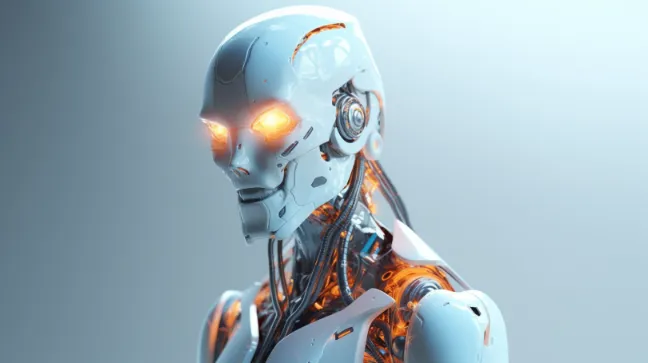How many AI systems are there on the internet?
AI systems, or artificial intelligence systems, are computer programs that can perform tasks that typically require human intelligence, such as learning, problem-solving, and decision-making.
These systems use algorithms and data to simulate human cognitive processes and are becoming increasingly prevalent in our daily lives.
The purpose of this article is to explore “How many AI systems are there on the internet?”, provide examples of existing systems, discuss their advantages and disadvantages, and examine their potential for growth in the future.
Types of AI systems
There are four main types of AI systems: reactive machines, limited memory, theory of mind, and self-aware. Reactive machines can only react to current situations based on pre-programmed rules.
Limited memory systems can make decisions based on past experiences. Theory of mind systems can understand the mental states of others and make predictions based on that understanding. Self-aware systems have consciousness and can reflect on their own thoughts and actions.
Examples of AI systems
There are many examples of AI systems in use today, including Siri, Alexa, Google Assistant, IBM Watson, and Deep Blue. These systems are used for a variety of tasks, from answering questions and setting reminders to playing chess and analyzing data.
Advantages and disadvantages of AI systems
One advantage of AI systems is their efficiency, as they can perform tasks much faster than humans. They are also highly accurate and cost-effective, as they can work around the clock without needing breaks or vacation time.
However, there are also disadvantages to AI systems.
They can displace jobs, as they can perform tasks previously done by humans. They also lack emotional intelligence and may not be able to understand the nuances of human behavior. Additionally, our dependence on technology may increase, making us more vulnerable to cyberattacks and other technological failures.
The future of AI systems
AI systems have the potential for significant growth in the future, as the technology continues to evolve and improve. However, there are also ethical concerns surrounding their development and use.
It is important to consider the role of humans in the development of AI systems and to ensure that they are being used in ways that benefit society as a whole.
Expanding Horizons: The Rise of GANs in AI Systems
In addition to the existing types of AI systems mentioned in the article, there is a growing field of AI systems known as generative adversarial networks (GANs).
GANs consist of two neural networks: a generator and a discriminator. The generator generates new data instances, such as images or texts, while the discriminator evaluates the generated data against real data to determine its authenticity.
GANs have found applications in various domains, including image synthesis, text generation, and even deepfake technology.
These systems have the potential to create realistic and high-quality content, but they also raise concerns about misinformation and the manipulation of digital media.
As AI continues to advance, the development of new AI systems and their applications will undoubtedly expand. It is essential to stay informed about the latest developments, both in terms of their capabilities and the ethical considerations surrounding their use.
The Rise of AI Integration: Transforming Industries and Empowering Innovation
With the increasing prevalence of AI systems, various industries are experiencing a transformative shift. From healthcare and finance to transportation and entertainment, AI is revolutionizing the way we work and live. Companies are leveraging AI to enhance productivity, streamline processes, and unlock new possibilities.
In healthcare, AI systems are aiding in diagnosing diseases, analyzing medical data, and discovering potential treatments. In finance, AI-powered algorithms are optimizing investment strategies and detecting fraudulent activities. The transportation sector is witnessing advancements in autonomous vehicles, optimizing routes, and improving safety.
Moreover, AI is revolutionizing the entertainment industry with personalized recommendations, content creation, and immersive experiences. From virtual assistants to AI-generated music and artwork, the possibilities seem endless.
While AI systems bring tremendous potential, ethical considerations are crucial. It is essential to address privacy concerns, ensure unbiased decision-making, and foster transparency in AI algorithms. By harnessing the power of AI responsibly, we can create a future where technology empowers and benefits humanity.
Conclusion
In conclusion, AI systems are becoming increasingly prevalent in our daily lives, and it is important to understand their different types, examples, advantages, and disadvantages.
As the technology continues to develop, it is crucial to consider the ethical implications of its use and ensure that it is being used in ways that benefit humanity.






